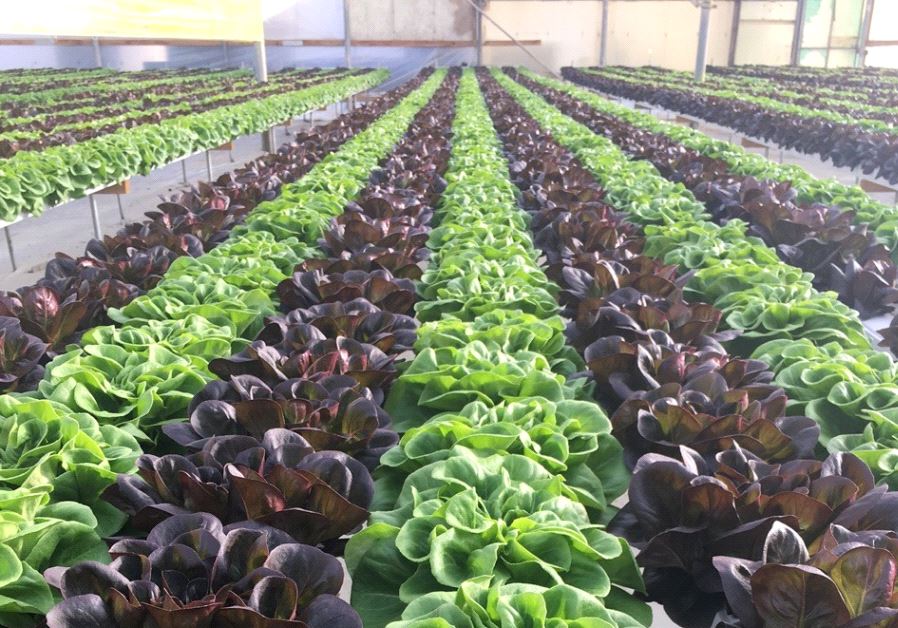Israelis to enjoy more, cheaper produce with new agriculture reform
Israel will recognize European standards for fruits and vegetables • regulation of products imported from Europe will be reduced
 German delegation explores Israeli technological advances in agriculture
German delegation explores Israeli technological advances in agriculture